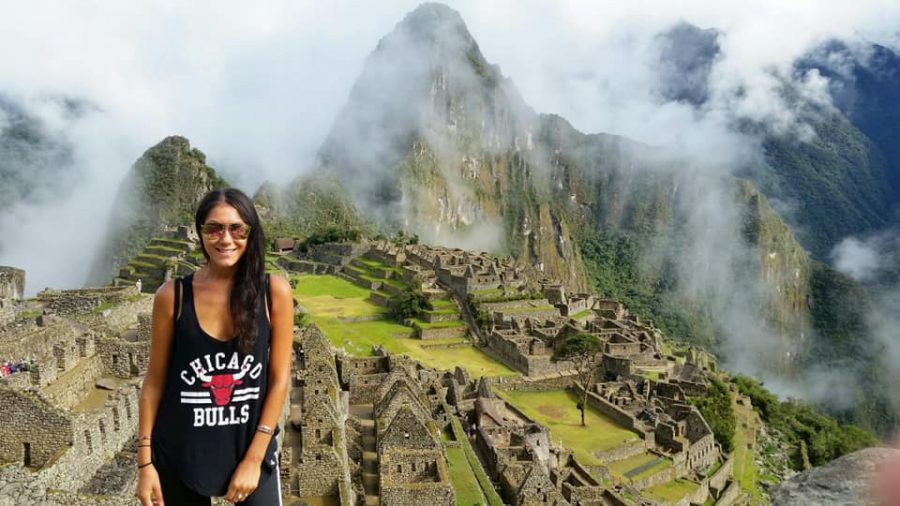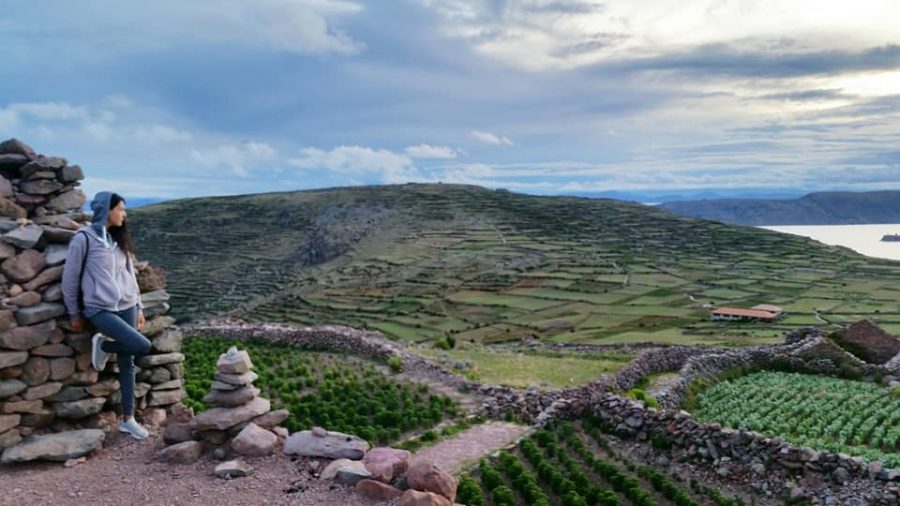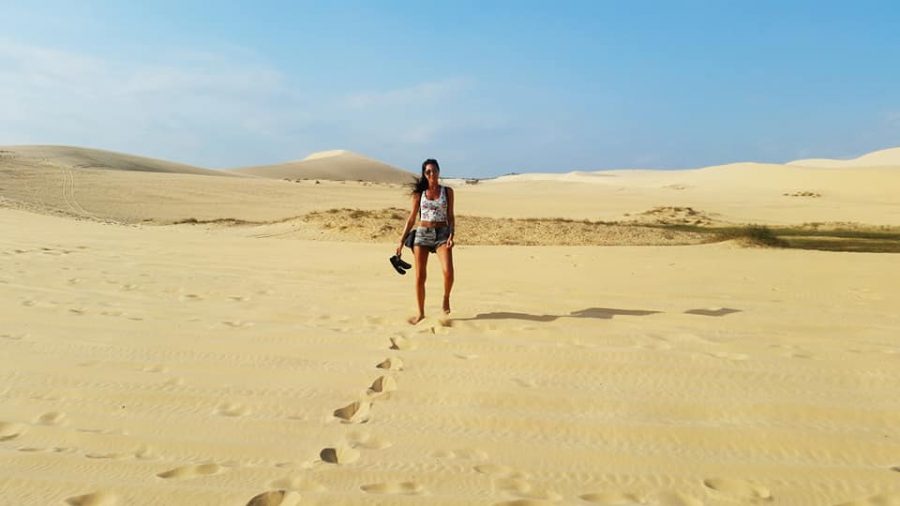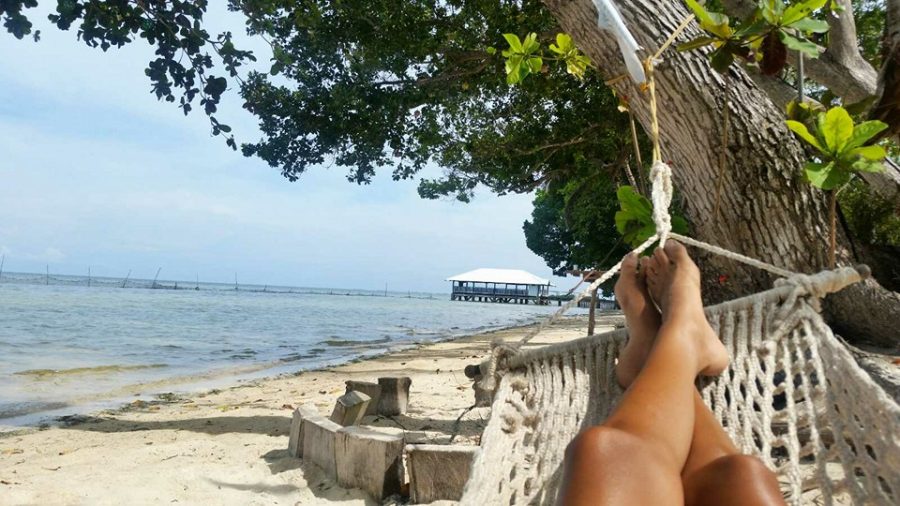Travel is transformative. It is healing and can help us thrive both personally and professionally, but only when done with intention and purpose. The future of tourism involves a deeper understanding of why we as humans travel and what it does for our overall wellbeing or work-life balance.
This is all based on decades of research on the wellness benefits of travel.
Travel is proven to improve our mental health, keep us active and fit, boost emotional and spiritual wellbeing, spark creative ideas, build our confidence and self-esteem, provide us with clarity and purpose, and connect us with people and cultures that enrich our lives.
Understanding Why We Travel
We as humans travel for personal reasons, but we often don’t bring those reasons to the forefront and integrate them into our overall experience.
Why is this understanding important?
When we don’t acknowledge what is driving us to get away, we miss the opportunity to allow travel to do what it does best, which is to help us heal, feel, and deal in life.
There is always an underlying intent that motivates a journey, whether it’s for personal reasons or for business purposes.

After a wild last year that hit the tourism industry in an unprecedented way, many people are finally attributing to travel the true value it has for our wellbeing, personal life, and work life.
We are itching to get away. We’re eager to spend time in nature, to see human beings (safely), and to spend time with loved ones and friends (again, safely). We want to get a break from the daily stresses and anxiety that hit many of us so hard in 2020. We need to feel like we are living again.
Travel does that for us. So how can people use travel as a way to improve their wellbeing and have those transformative experiences that the industry is buzzing about?
Intention.
Below, I am sharing three actionable steps for women who want to travel to achieve transformative and purposeful travel experiences in the new world of tourism.
3 Actionable Steps for Women to Enjoy Transformative Travel

1) Determine the true purpose of your trip to help with your planning phase.
What is motivating you to get away? How do you feel internally? When you can identify what it is that is causing you to want to escape, it helps you make decisions. You can then decide where to go, when to go, for how long, how to get there, and who to go with.
For example: Are you completely overwhelmed with work and haven’t spent much time with your spouse or partner? Maybe that means you need to choose a destination that provides relaxation and healing while also providing activities and scenery to enjoy with your loved one.
An example of a suitable destination could be Thailand. Thailand is known for its Eastern medicines and traditions where you can relax during a Thai massage. You could even indulge more than once a day if you want because they are so affordable in comparison to massages in the US, where I’m from.
Or spend time learning about the monks’ way of calm living at a temple visit. Thailand has a wide range of stunning beaches, nature, and food that feed your body, mind, and soul. It’s also a romantic place to spend quality time with your partner.
2) Set goals and be intentional during your journey
Maybe you have experienced taking a vacation and, when you returned home, you felt exactly how you felt before you ever left. Travel shouldn’t do that. Instead, travel should do the opposite.
In order to achieve specific outcomes from your trip (you know, those motivating factors that you identified while planning your getaway) you need to set goals and be intentional.
You’re probably thinking, “I don’t want to do work or think hard while relaxing on my vacation”, right?
I promise that if you have specific intentions and you act on them, you will achieve a truly transformative, memorable, and meaningful travel experience that you desperately needed from the beginning.

After you identify why you want to get away, you need to list what needs to happen during that trip.
For example: Maybe you have been feeling lonely in your daily life and you’re craving human connection. Maybe you also have put on a few pounds during the pandemic and you are motivated to feel better physically.
Now that you have identified that you want human connection and to improve your physical health, you might choose places where there are other travelers to meet and connect with, rather than an isolated destination.
To address your physical health, you might want to choose a destination where you can be active outdoors with hiking, biking, kayaking, swimming, or exploring locations.
You might also choose a place with affordable, healthy foods like Southeast Asia or somewhere in South America where the local markets are saturated with cheap fresh fruits and vegetables.
3) Incorporate your experiences into your personal and professional life upon return
Now that you have returned home (I know, bummer, right?), it’s time to use what you have learned and experienced during your journey.
To do that, write down what it is that you learned and experienced that brought you happiness, joy, results, stories, and a transformation.
For example: Continuing from the last example in step two, you learned that being in nature and being more active helped to improve your physical health, which may have given your mental wellbeing a boost, too. Maybe you also realized just how important human interaction is for your overall wellbeing.
With those realizations, now you know you need to be more active, eat more fresh fruits and vegetables, and spend more time in social settings.

Now that you have these three steps, it’s time to implement them!
Think about the value that travel has in your life and incorporate it into your wellness toolkit in both your personal and professional life.
Use these steps to help your friends, family, children, partner, colleagues, and others to also have story-steeped transformative experiences that improve their overall wellbeing.
